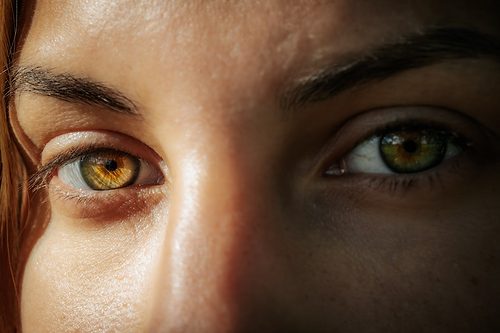Articles Tagged with ''eating_disorders''
Eating Disorder Treatment Challenges
Sarah O’Neil, MD
Child, adolescent, and adult psychiatrist
Dr. O’Neil has disclosed that she has no relevant financial or other interests in any commercial companies pertaining to this educational activity.
Read More
Eating Disorder Treatment Resources
Sarah O’Neil, MD
Child, adolescent, and adult psychiatrist
Dr. O’Neil has disclosed that she has no relevant financial or other interests in any commercial companies pertaining to this educational activity.
Read More
Eating Disorders as Addictions
Sara Brewer, MD
Assistant clinical professor, Tufts University School of Medicine
Dr. Brewer has disclosed that she has no relevant financial or other interests in any commercial companies pertaining to this educational activity.
Read More
Helping Patients with Eating Disorders
Terry Schwartz, MD
Clinical director UCSD Eating Disorder Adult and Adolescent Programs, Assistant clinical professor UCSD School of Medicine, Dept. of Psychiatry
Dr. Schwartz has disclosed that she has no relevant financial or other interests in any commercial companies pertaining to this educational activity.
Read More

_-The-Breakthrough-Antipsychotic-That-Could-Change-Everything.jpg?1729528747)



